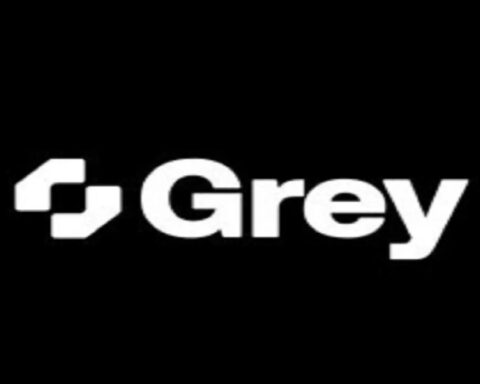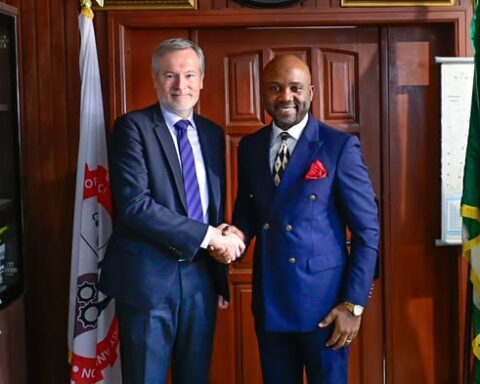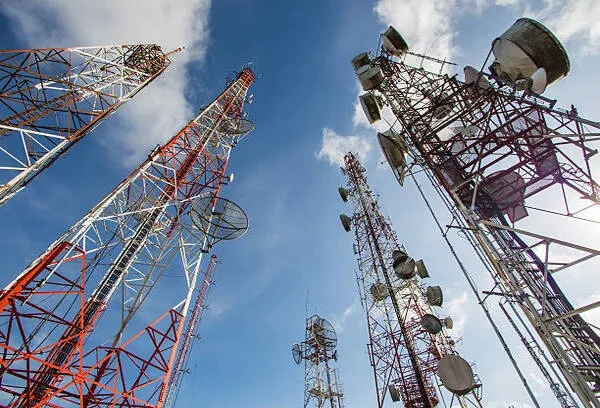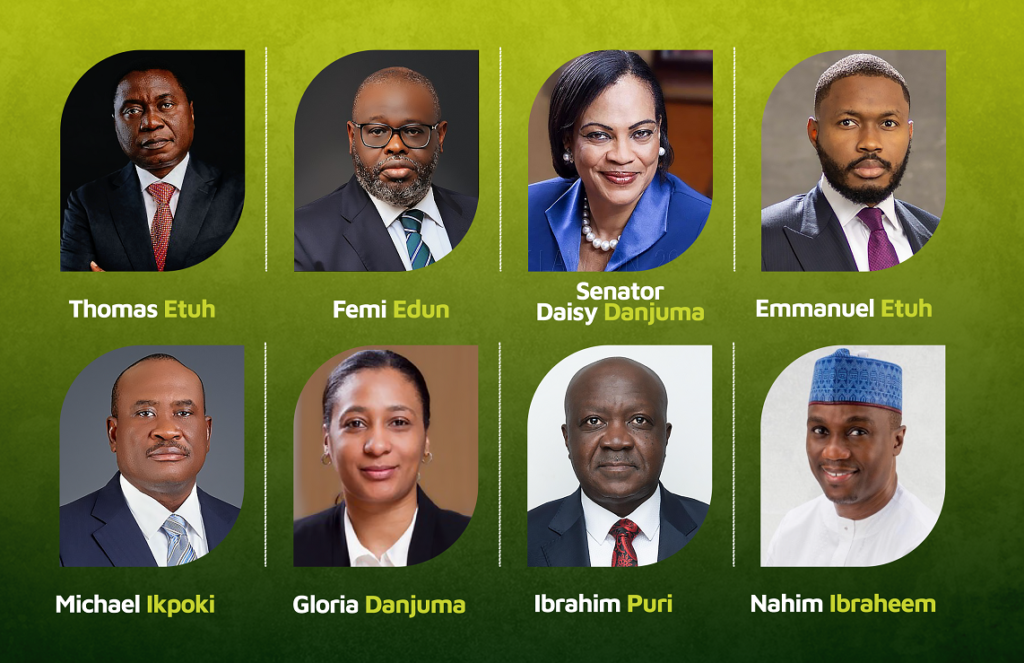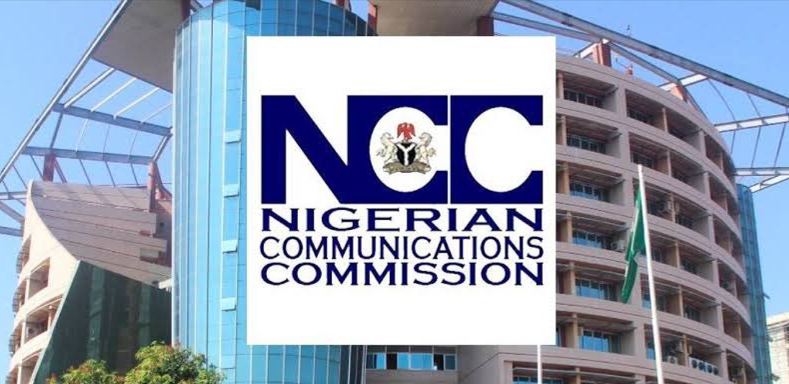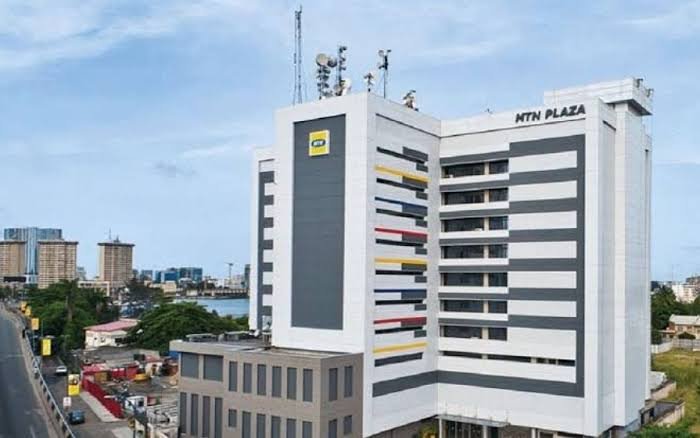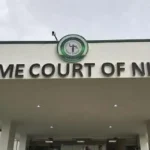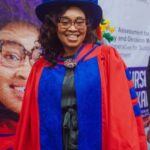President Bola Tinubu has approved a N10 billion grant for the National Broadcasting Commission (NBC) to advance Nigeria’s Digital Switch-Over (DSO) initiative.
Mr. Charles Ebuebu, the Director-General of NBC, announced this on Thursday in Abuja during a joint press conference with Dr. Aminu Maida, the Executive Vice Chairman of the Nigeria Communications Commission (NCC).
The News Agency of Nigeria (NAN) reports that the DSO project, launched by the Federal Government in 2008, aims to transition from analogue to digital broadcasting, thereby improving television programming quality, expanding access to television services, and freeing up spectrum for other uses.
Addressing the press, the NBC boss explained that the commission would collaborate with the NCC and the Nigerian Television Authority (NTA) to achieve the desired outcomes of the DSO project.
“Under the visionary leadership of Mr. President, we are embarking on a transformative journey to achieve the DSO dividends for Nigeria,” Ebuebu stated.
“As you are all aware, the process of switching over from analogue to digital terrestrial television platforms began fully in Nigeria in 2016. However, the process has stalled due to enormous challenges.”
He continued, “In view of this, the President has graciously approved a grant of N10 billion from spectrum sales by the Federal Government to the NBC.”
He added, “This grant is not just a financial allocation; it is a testament to Mr. President’s collective commitment to driving technological advancement, economic growth, and cultural enrichment through the DSO project.”
Ebuebu outlined the areas where the grant would be utilized, including “developing and managing channels that cater for diverse interests, leasing transponders, and establishing a robust satellite backbone to ensure 100 per cent signal coverage across Nigeria.”
He also mentioned investments in “audience measurement, marketing and publicity, content production studios, digital set-top boxes, FreeTV APP, and conducting comprehensive training sessions and workshops for stakeholders.”
Ebuebu emphasized that adopting digital broadcasting standards would align Nigeria with global norms, enhance competitiveness, and attract foreign investments. He noted that digital broadcasting would “bridge the digital divide, ensuring access to vital information, education, and entertainment for remote and unserved communities.”
He reassured that traditional platforms would not disappear but would instead adopt the new digital system, saying, “The ecosystem is huge and has a lot of dividends.”
“With the introduction of DSO, a lot of people are going to be introduced to a new set of skills; there is technology; you are going to learn to use software in production; and all of that, and we are partnering to ensure it is done right,” Ebuebu said.
Also speaking, Dr. Maida highlighted the importance of convergence in digital operations. “Convergence has changed the media landscape. About 90 per cent of the media we consume today is not traditional broadcast.”
He added, “This convergence has given us the option to consume media in so many ways, but primarily through the internet and as a regulator for communications. It is very important that the NCC be part of this journey.”
“To do justice to the DSO project, there is a need to create content with the notion that the mode of production has changed and that the majority of this content is going to be consumed on demand,” Maida said.



